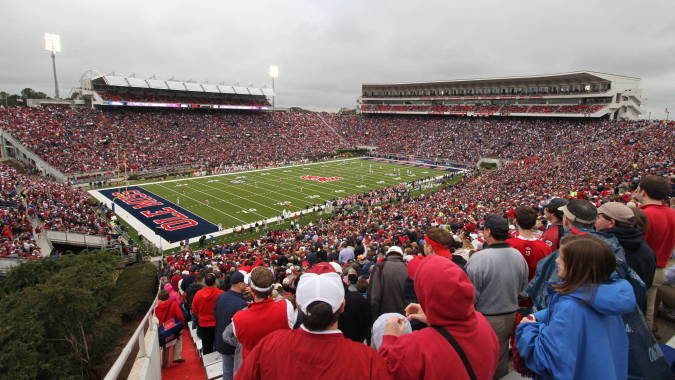Like all mobile operators, regional carriers face a potential loss in revenue each time a user moves off the cellular network and onto Wi-Fi. But that is just part of the Wi-Fi picture, and a number of smaller carriers are learning to leverage unlicensed spectrum to expand their opportunities. Here are three ways Wi-Fi can help regional operators.
1. Network capacity
With up to 80% of mobile data consumption now taking place indoors, operators may find that stationary-user activities like streaming video are chewing up macro capacity. This can limit the carrier’s ability to take on new subscribers.
Some carriers have found it cost-effective to deploy Wi-Fi hot spots, or leverage existing public Wi-Fi, in order to offload indoor traffic and free up macro capacity to serve new subscribers.
“Where there were challenges getting LTE rolled out and higher bandwidth services for mobile devices, Wi-Fi came in as a bit of a stopgap in some cases for carriers that needed to connect their users and satisfy the needs for growth,” said Bruce Miller, VP of product marketing at Wi-Fi access-point maker Xirrus.
U.S. Cellular has tapped Devicescape for Wi-Fi, offloading subscribers to Devicescape’s curated virtual network to maintain quality of experience and free up network capacity. An app on users devices finds hot spots in the Devicescape network, connects the users to those hot spots, and provides feedback about the quality of service.
Voice over Wi-Fi
Potential customers who live in a regional operator’s coverage area but work outside that area may choose a national operator, unless the regional carrier can offer ubiquitous service. Voice over Wi-Fi opens up that possibility, even for operators that do not have an IMS core network.
Interop Technologies said it sees strong interest from regional operators in its cloud-based IMS solution which can integrate with the operator’s core to enable voice over Wi-Fi.
“Some of our operators are looking at both online and offline charging options, being able to bill for those minutes,” said Interop CTO Steve Zitnik. He added that other operators are not interested in integrating their billing systems, and are happy to let users make Wi-Fi calls for free.
Custom deployments
Regional operators may have a hard time competing with national players when it comes to deploying distributed antenna systems, but Wi-Fi is more affordable. C Spire deployed roughly 800 Xirrus access points at The University of Mississippi’s Vaught-Hemingway Stadium.
C Spire provides free network access to its customers in the stadium. Fans with service from other wireless providers can access the network for a $4.99 fee each game.
A public venue deployment creates new opportunities for an operator to partner with the venue to offer subscribers location-based advertising and promotions. Stadium Wi-Fi is seen as a particularly attractive opportunity as operators explore opportunities to offer food and team merchandise to users who do not want to leave their seats.

